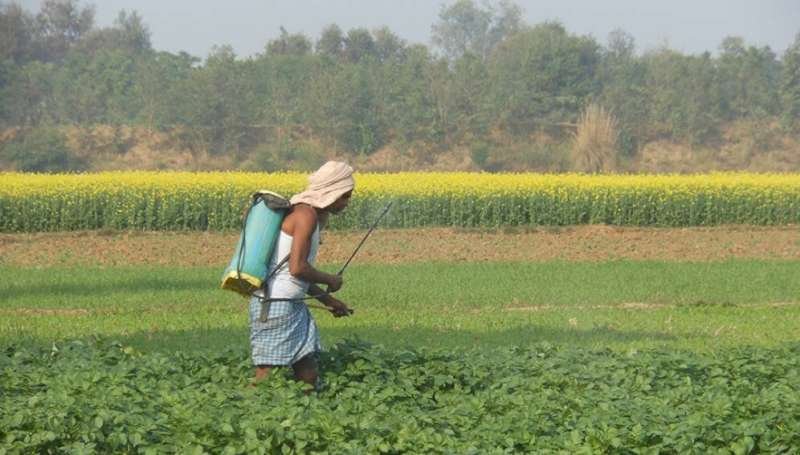Pesticide sales have been a major business in India for many years now. In fact, the country is one of the top five pesticide buyers in the world. But what are some of the reasons for this? And what are the consequences of India’s increasing reliance on pesticides?
What is the legal status of pesticides in India?
The sale of pesticides in India is governed by the Insecticides and Pesticides Act, 1951. This act regulates the manufacture, sale, distribution, export and import of pesticides in India. The act defines a pesticide as “any material or mixture whether known as a new chemical substance or not, which is capable of destroying insects or other pests.” The act also sets out certain restrictions on the use of pesticides, including requirements that they be registered with the government before they can be used. The act does not, however, regulate the use of pesticides by consumers.
Why do people use pesticides?
People use pesticides to kill pests. Pests can damage crops, contaminate water supplies, and cause health problems for humans.
What are the benefits of using pesticides?
Pesticides can kill pests without damaging crops or people. Pesticides also help farmers produce more food with less work.
What are the challenges of using pesticides?
The use of pesticides can have negative impacts on the environment and human health. Pesticides can also be expensive, and they must be used carefully to avoid harming people or the environment.
How is the sale of pesticides regulated in India?
There are various laws that regulate the sale of pesticides in India. The Central Insecticide Board (CIB) is responsible for regulating the sale and use of pesticides in India. The CIB is a statutory body under the Ministry of Environment, Forests and Climate Change. The CIB has formulated guidelines for pesticide use. The Department of Agriculture, Cooperation and Farmers’ Welfare (DACWF) is responsible for ensuring that these guidelines are followed by the agriculturists.
The Central Pollution Control Board (CPCB) regulates the discharge of pollutants into water bodies. The CPCB acts as an interface between industry and regulatory agencies such as the CIB and the Environmental Protection Agency (EPA).
What are some of the risks associated with using pesticides?
Pesticides can be harmful to both humans and the environment. Here are some important facts to know about the sale of pesticides in India:
-Pesticides are often sold illegally, which puts users and the environment at risk.
-Pesticides can contain dangerous chemicals that can cause health problems, including cancer.
-Pesticides can also damage ecosystems and democracy.
What are some of the benefits of using pesticides?
Pesticides are essential tools in the agricultural industry, and play an important role in ensuring a crop’s survival. Here are some of the benefits of using pesticides:
-Pesticides can help farmers produce crops more efficiently and ensure a higher yield.
-Pesticides can also help protect crops from pests and diseases, which can result in a decrease in crop production costs.
-Pesticides can also help improve soil quality, which can result in a increase in crop yields.
-Pesticides can also help reduce the amount of water needed to grow crops, which can save water resources.
What are some of the challenges associated with using pesticides in India?
There are a few challenges with using pesticides in India. For one, the country has a very high population density, meaning that there are a lot of people close to sensitive areas where pesticides would be used. Additionally, many farmers in India use traditional methods instead of modern pesticides, which means that they are less effective and can also be more harmful to the environment. Finally, India has a very weak regulatory system, which makes it difficult to ensure that the products that are being sold are actually safe and effective.
Conclusion
Pesticides are an important tool for ensuring crops are healthy and able to produce adequate yields. However, their sale and use can have unexpected consequences that impact both humans and the environment. In this article, we will take a look at some of the key facts you need to know about pesticides in India before making a decision about whether or not to buy them. Armed with this information, hopefully you will be able to make an informed decision about whether or not to purchase pesticides from India.



